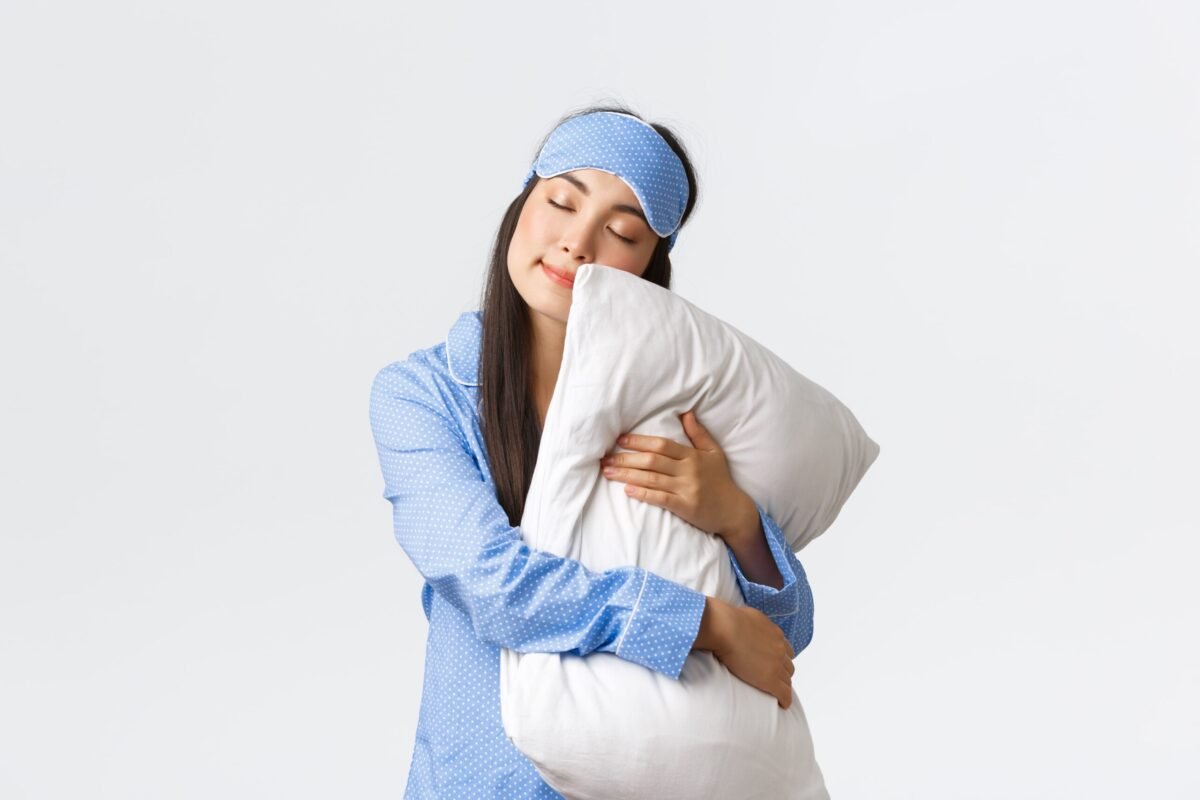Many of us have experienced a rough night’s sleep at some point. While an occasional restless night isn’t a major issue—aside from possibly feeling grumpy the next day—ongoing sleep deprivation can lead to serious health risks, including coronary heart disease, stroke, diabetes, obesity, and Alzheimer’s disease.
The NHS recommend the following tips, among others – their dedicated page can be found here
Take time to relax.
Nearly half of the UK population deals with stress-related sleep issues, so it’s essential to unwind before bed. Whether it’s enjoying a warm bath, diving into a good book, listening to calming music, indulge in a massage, find what works for you.
Avoid Technology.
Keep smartphones, computers, and TVs out of the bedroom, and steer clear of screens for at least an hour before sleep. These devices emit blue light, which interferes with melatonin.
Get into a routine.
Just as routines help children settle down, they do wonders for adults too. Establish a consistent bedtime and create a relaxation ritual to signal to your body that it’s time to sleep.
Create a Restful Environment.
Ensure your bed offers the right support and comfort to minimize movement during the night. Aim for a bedroom temperature between 16°C and 18°C (60°F to 65°F). A tidy space, soft colors, and soothing aromas like lavender can enhance the peaceful atmosphere.
Don’t Clock Watch.
Obsessing over how much sleep you’re getting can keep you awake. Remind yourself that lying quietly in bed and thinking pleasant thoughts is more restorative than stressing about the clock. If needed, flip your clock around or place it out of sight to resist the temptation of checking the time repeatedly.
Foods for Sleeping.
A healthy diet contributes to better sleep. Certain foods, like milk, chicken, turkey, and pumpkin seeds, are particularly beneficial as they contain tryptophan and serotonin, which play key roles in producing melatonin.
Foods to Avoid.
Steer clear of coffee, spicy foods, alcohol, and large meals in the hours leading up to bedtime. For many, having caffeine in the afternoon can hinder rest. Sugary foods can disrupt your body’s natural rhythm due to energy spikes and crashes, and poor sleep can lead to unhealthy eating choices the following day, creating a vicious cycle between sleep issues and diet.
Stay healthy and be active.
Exercise is good for sleep and also benefits your overall health. Some people notice that doing intense exercise less than two hours before going to bed can make it more difficult for them to fall asleep. If you don’t see this as an issue then you likely don’t need to make any changes. Many people work hard to exercise and eat well which is wonderful. However they often overlook sleep which is just as important.
Darkness helps us, rest better.
Before clocks were invented people woke up with the sunrise and went to bed when it got dark. A dim room can help you fall asleep and lowering the lights can make you feel tired. If you don’t have a dimmer switch you can buy affordable lamps that come with a dimmer. Alternatively you could ask an electrician how much it would cost to replace your main light switch. If street lights outside your window or bright sunlight at 5 am in the summer bother you consider using thicker curtains adding extra lining or getting blackout blinds.
Pay attention to how well you sleep.
We often pay attention to how many hours we sleep but the quality of our rest matters just as much. We experience five stages of sleep and we go through these stages in a cycle about five times each night. In the later stages of the cycle we strengthen our memories and process information along with other activities. This means that waking up at night like to use the bathroom can break the cycle and you might not get to the deeper stages of sleep. Because of this it’s a good idea to limit how many drinks you have before sleeping.
If you’d like to try massage to help you de-stress and sleep. Try here

